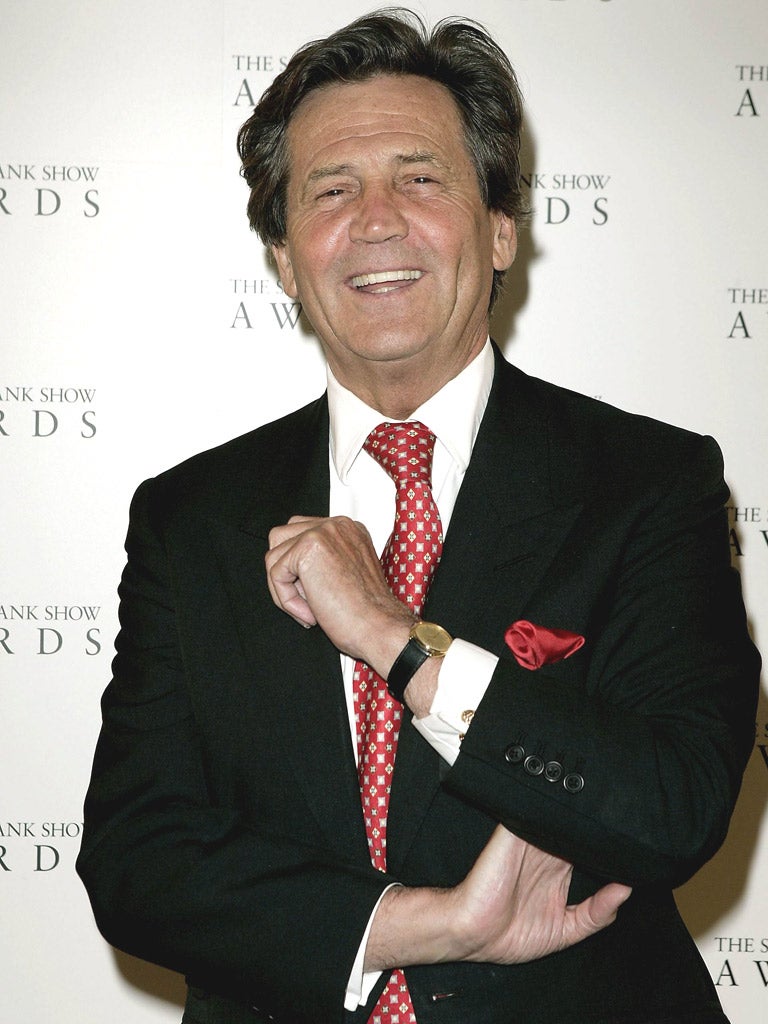Terence Blacker: We need more class consciousness, not less
Notebook

Your support helps us to tell the story
From reproductive rights to climate change to Big Tech, The Independent is on the ground when the story is developing. Whether it's investigating the financials of Elon Musk's pro-Trump PAC or producing our latest documentary, 'The A Word', which shines a light on the American women fighting for reproductive rights, we know how important it is to parse out the facts from the messaging.
At such a critical moment in US history, we need reporters on the ground. Your donation allows us to keep sending journalists to speak to both sides of the story.
The Independent is trusted by Americans across the entire political spectrum. And unlike many other quality news outlets, we choose not to lock Americans out of our reporting and analysis with paywalls. We believe quality journalism should be available to everyone, paid for by those who can afford it.
Your support makes all the difference.That old favourite, the British class system, is due for yet another anguished examination. A couple of years ago, it was Lord Prescott who was being followed by a camera crew to Royal Ascot and Eton for a BBC series called The Class System and Me. Now another own-bootstraps-pulling life peer, Lord Bragg, is to present what one assumes will be a rather more thoughtful and less egocentric effort, called On Class and Culture. Yet another northerner, Alan Milburn, has reported to the Government on the issue of social mobility.
It is tempting to be depressed by this unchanging obsession with class. In 1976, Melvyn Bragg pondered the subject in a TV discussion programme with Richard Hoggart, author of The Uses of Literacy, and considered how class, as presented on television, had changed since the 1950s. Reviewing the programme, Clive James detected progress – in the media, at least. After all, here were Bragg and Hoggart chatting away, without the help of a plummy-voiced BBC man. "Despite their lowly origins, they showed no sign of unease," James wrote approvingly.
Hoggart had taken a tougher line, arguing that "the reality of class has hardly changed", and, for all the pronouncements to the contrary from Thatcher, Major, Blair and others, his words ring depressingly true in 2012.
The accents of TV and radio presenters may have changed, and social snobbery may have become no more than an indicator of stupidity and insecurity, but the same division of opportunity – cruel and unquestioned – remains.
Talking to a group of bright sixth-formers at a state school on Tyneside, Alan Milburn asked what they hoped to do in life. Their ambitions were exceedingly modest. When Milburn mentioned the law, the City, medicine or the media, they looked at him as if he came from another planet.
"Birth, not worth, has become more and more a key determinant of people's life chances," Milburn said, and the figures back him up. Seven per cent of British children go to independent schools, according to a 2011 Panorama programme, and yet more than half of our senior doctors were privately educated, six out of 10 barristers, three out of four City finance directors.
The latest Bragg investigation is well timed. Astonishingly, British lives are still shaped by background. We need to be more class conscious, not less. The easy illusion that we have become less hidebound because we can laugh at Downton Abbey or Boris Johnson conceals the fact that our divided, class-ridden society continues to waste talent and squander lives.
The real village busy bodies
The sex life of the English does not have a great international reputation. It tends to be portrayed as pervy, drunken, or – worst of all – cosy. Our erotic image will not have been helped bynews of a boom in swingers clubs in rural villages. The phenomenon has been highlighted by a row over a busy establishment in the New Forest village of Calmore.
There has, of course, been the inevitable Conservative councillor huffing and puffing with excited disapproval. The opposition seems odd. At a time when villages are losing their social centres, these clubs represent an unzipped form of localism. Like step-dancing and dogging, swinging keeps alive traditions which make the countryside such an interesting place.
Join our commenting forum
Join thought-provoking conversations, follow other Independent readers and see their replies
Comments